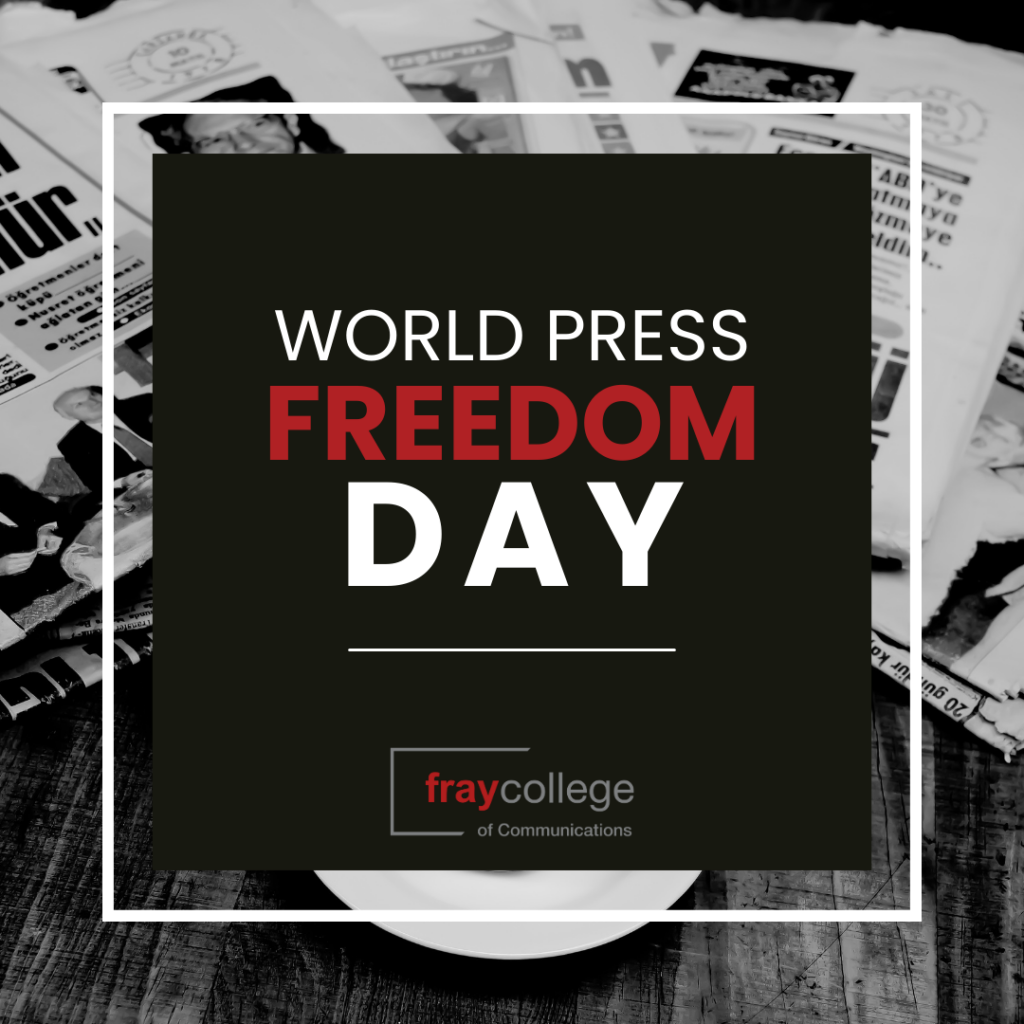
World Press Freedom Day is a global occasion for journalists and media professionals to reflect on the challenges and opportunities in the industry, particularly in maintaining societal relevance and economic sustainability.
Lars Tallert, the Head of Policy and International Development at Fojo Media Institute at Linnaeus University and a founding member of the Sustainable Partnership for Journalism, recently addressed these issues during an online workshop on revenue generation for African newsrooms hosted by fraycollege.
Tallert, in his presentation, emphasised that a sustainable society requires journalism that tackles the pressing sustainability challenges of our time.
From climate change, poverty, and inequality to the erosion of democratic principles, these challenges demand attention. Meanwhile, journalism faces its own sustainability crisis, marked by dwindling revenue streams, intensified competition from global social media giants, constraints on freedom of expression, media capture, the spread of disinformation, and declining public trust.
“How can journalism contribute to sustaining a society without losing our journalistic integrity?” Tallert asked during his presentation. He stressed the importance of robust reporting on sustainability issues like climate change and gender equality, advocating for a shift from sensationalist reporting to engaging storytelling.
“We need to describe climate change as an adventure, an enormous challenge ahead of us. Let’s look at it as an adventure. It can be, it must be an adventure,” he urged.
Tallert also highlighted the need to better understand audiences, especially as audience engagement declines. “People are fed up with doom and gloom journalism,” he noted. “We need to find ways to renew our audiences, especially young people, for the sustainability of society.”
However, sustaining journalism isn’t solely about storytelling; it’s about merging commercial thinking with social and environmental considerations. “How can media itself be more sustainable environmentally, socially, and economically?” Tallert questioned. He advocated for mission-driven journalism that emphasises values while remaining fact-based.
Media outlets face numerous challenges in today’s world. On World Press Freedom Day, it’s important to remember journalism’s critical role in upholding democracy and informing societies. It’s not only about having the freedom to report but also about the responsibility to report in a manner that supports both the profession and the community it serves.
fraycollege’s Revenue Generation for African Newsrooms course addresses the financial aspect of sustainable journalism. You can find out more about it by contacting admin@fraycollege.co.za.
Watch Lars Tallert speaking on sustainable journalism here:
